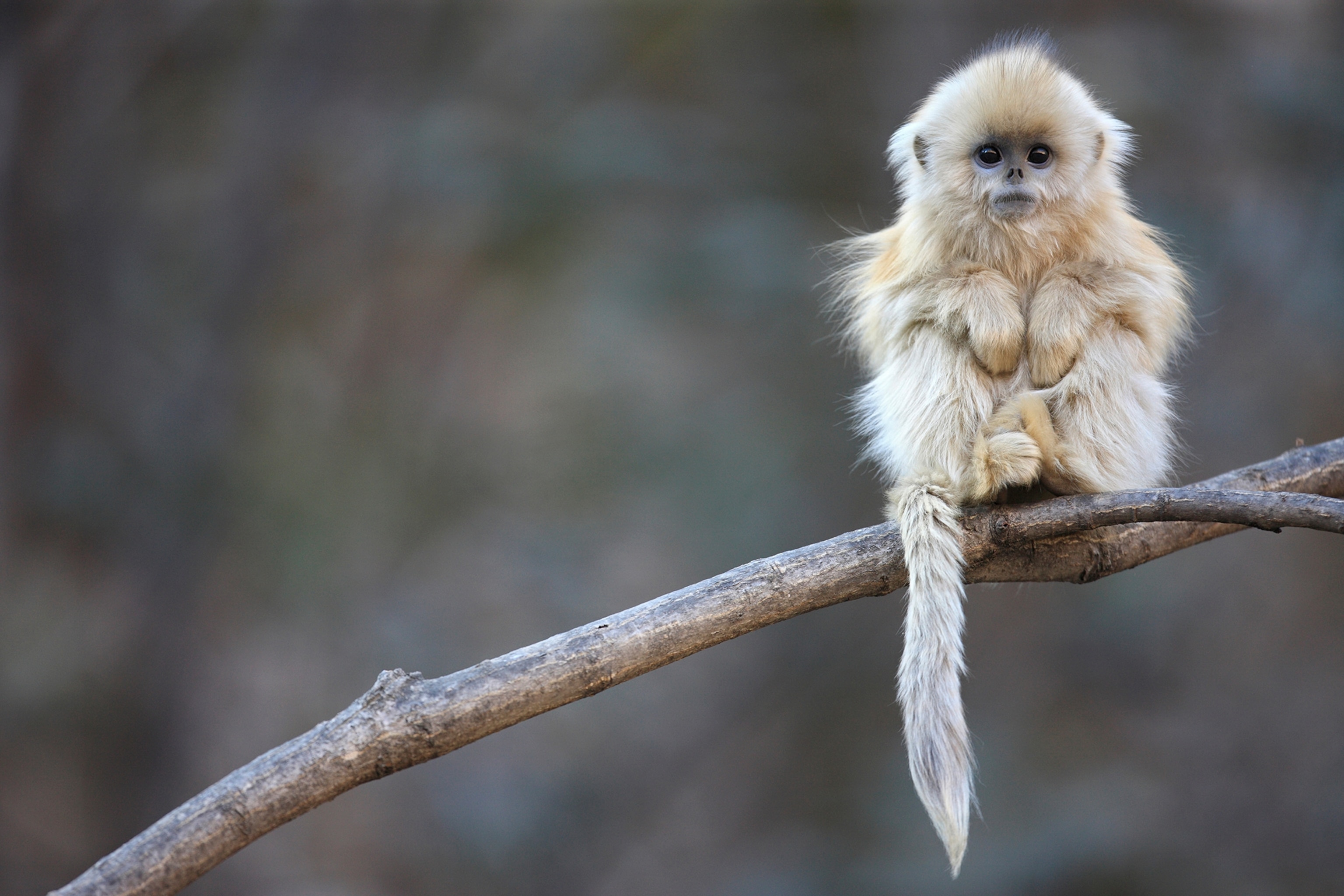Fireworks and Monkeys Start Chinese New Year Off With a Bang
It's time for fireworks, dancing, and the world's largest human migration.
Let the year of the monkey begin!
The video below shows how colorful fireworks displays are created for the celebration of Chinese New Year, which, per the Chinese lunar calendar, is on February 8 this year.
Fireworks are traditionally used to scare away evil spirits from the year to come. In addition to the firecrackers, the celebrations feature music and dancing. And everything is decked in red and gold, signifying luck and wealth.
After a big celebration, "you just feel good," says Steven Tin, executive director of New York City's Better Chinatown Society in the video, which was shot in New York.
In China, people made more than 3.5 billion trips this week in order to celebrate with their families. Most traveled from the country's fast-growing, industrializing cities back to the countryside, to their families' ancestral homes. The mass movement—called chunyun in China—is a major logistics challenge. It involves hundreds of millions of people and is humanity's biggest annual migration. It's also the only time many busy city dwellers will get to spend with their families.
"It's not always easy to afford train tickets, and the journey can be tedious and unpleasant," Zhang Xuan, a 25-year-old graphic designer who traveled from Beijing to her hometown in central China's Henan Province previously told National Geographic. "But not returning home is not an option—my parents would kill me."
In addition to visiting family, celebrants also traditionally avoid a number of taboos on New Years Day, including taking medicine, washing hair, sweeping, or killing things. To break the rules would be to invite bad luck.
About that monkey...
Celebrations around Chinese New Year usually begin a day before the calendar turns and continue until the Lantern Festival on the 15th day of the year. Each year is named for one of the 12 signs of the Chinese zodiac.
The monkey falls in the ninth year. The next time the year rolls around will be in 2028. The last time was 2004.
Each year is also traditionally associated with a specific personality. Those born during the year of the monkey are thought to be sociable, innovative, lively, and mischievous. It is also thought to be an unlucky year, and downsides include selfishness, cunning, and arrogance.
Famous folks born years of the monkey include Julius Caesar, Charles Dickens, Eleanor Roosevelt, Will Smith, and Christina Aguilera.
So now you know what they all have in common.















